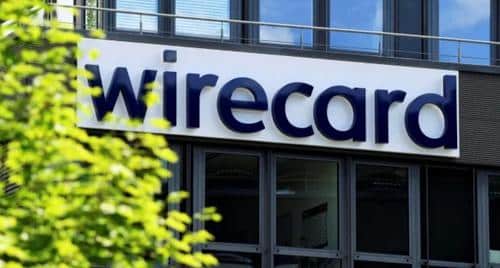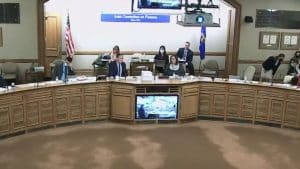When Wirecard collapsed back in June and and investors suddenly realized that all of those reports about widespread accounting fraud were accurate – and not a ploy cooked up by some desperate short-seller, as BaFin, Germany’s market regulator, had suggested – investors turned to the German government, and they were all asking the same question.
How did regulators let this happen? It seemed almost unbelievable that the German government would so brazenly protect an unprofitable fraud, saying nothing even when the company took Commersbank’s place on the DAX, or when a hoped-for merger with fellow German champion Deutsche Bank fell apart for reasons that were unclear (though that soon changed). As with all frauds, reality cannot be forestalled forever. And so with Wirecard, the truth was finally exposed when a special audit exposed a $2BN hole in Wirecard’s balance sheet.
As German lawmakers investigate regulators’ failings, they’ve discovered that a top official with Germany’s top audit watchdog traded in Wirecard shares in the months before the company’s collapse, behavior that “smacks of insider trading”.
Ralf Bose, a former senior partner at Big Four auditor KPMG, who has headed Apas since 2016, told the parliamentary inquiry into the accounting scandal on Thursday evening that he purchased Wirecard shares in April and sold them – at a loss – the following month. At that time, Apas was in confidential talks with Germany’s financial regulator BaFin over Wirecard.
Calling the admission “disconcerting”, German economy minister Peter Altmaier said Mr Bose’s share deals would be investigated. “We will discuss the matter with the people involved,” he told reporters on Friday.
“This smacks of insider trading,” said Cansel Kiziltepe, the Social Democrat MP who asked Mr Bose about his share deals at the committee hearing.
Bose revealed the trade during testimony before the parliament on Thursday, though he declined to close the size of his trades, other than claiming that he lost money on them. German economy minister Peter Altmaier, speaking to the FT, said “We will discuss the matter with the people involved,” Altmaier said.
One leading liberal politician, Florian Toncar, an MP for the liberal Free Democrats, demanded Bose’s resignation, arguing “from my point of view, he cannot remain in office.”
Even if these trades had never happened (or at least had never come to light), there would still be a solid case for firing Bose. After all, he was one of the officials in charge of Apas, and is therefore also responsible for the failures of oversight related to Wirecard. Toncar added that with Wirecard “every time when you think it cannot get worse, Wirecard is proving the opposite,” adding that these latest revelations are just “unbelievable”. Another MP for the Greens accused Bose of showing “an appalling ignorance with regard to an obvious conflict of interest.”
Bose’s story is odd: He claimed to have bought the shares on April 28, the day the KPMG report about the missing money was published. He then claims he sold the shares at a loss a month later. For somebody who purportedly had inside knowledge, that doesn’t make much sense.



